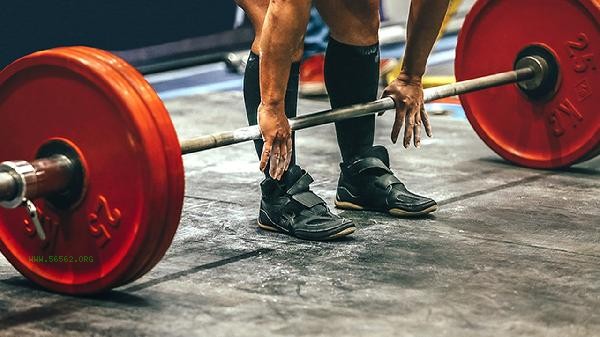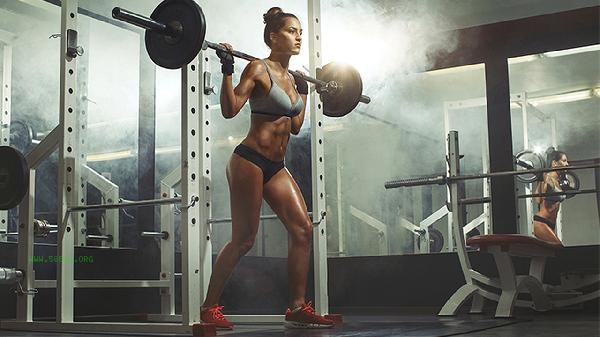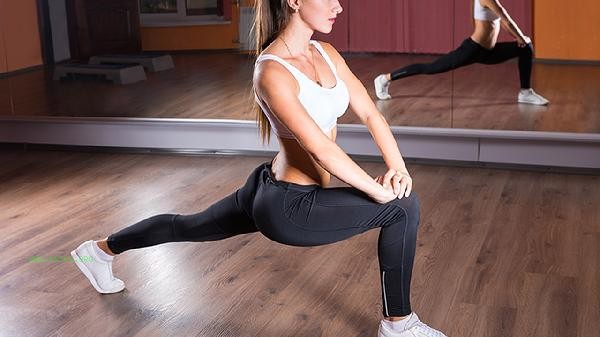The essential nutrients that must be supplemented during fitness include high-quality protein, carbohydrates, healthy fats, vitamins and minerals, and water.

1. High quality protein
Protein is a key nutrient for muscle repair and growth, and fitness enthusiasts need to consume an appropriate amount of protein per kilogram of body weight per day. Chicken breast, fish, eggs and other animal proteins have high absorption rates, while plant proteins such as soybeans and quinoa are suitable for vegetarians. Protein supplementation should be distributed throughout three meals to avoid excessive intake and gastrointestinal burden. Whey protein powder can be used as a dietary supplement, but it cannot completely replace natural foods.
2. Carbohydrates
Complex carbohydrates are the main source of energy for exercise, and low glycemic index foods such as whole grains, oats, and sweet potatoes can provide sustained energy. Before and after high-intensity training, it is necessary to replenish fast carbohydrates such as bananas and white bread in a timely manner to promote glycogen recovery. Long term low-carbon diet can lead to decreased exercise performance, and it is recommended that fitness enthusiasts consume no less than half of their total calories per day.
3. Healthy Fats
Nuts, deep-sea fish, and avocados are rich in unsaturated fats that help with hormone synthesis and joint protection. The proportion of fat intake in total calories should be moderate for fitness enthusiasts, and completely rejecting fat will affect the absorption of fat soluble vitamins. Cooking recommendations include using olive oil and flaxseed oil to avoid high temperature frying that can damage nutritional components.

4. Vitamins and Minerals
Vitamin B is involved in energy metabolism, while vitamins C and E help resist oxidative stress during exercise. Minerals such as calcium, magnesium, and zinc maintain neuromuscular function and can be obtained through dark vegetables, dairy products, seafood, and other sources. High intensity trainers should pay attention to supplementing electrolytes, and sports drinks can be used selectively but should not be excessive.
5. Moisture
During exercise, an appropriate amount of water should be replenished every 15 minutes, and high-intensity training can result in a certain amount of water loss per hour. The difference in weight before and after exercise can be used as a reference for fluid replacement, and urine color is a simple and effective monitoring indicator. Sports drinks containing moderate amounts of sodium and potassium are suitable for long-term training, but ordinary fitness enthusiasts can mainly use plain water.

Fitness nutrition supplementation needs to be adjusted according to training intensity and personal physique. It is recommended to record diet and training reactions to find the optimal ratio. Natural foods should be the main source of nutrition, and it is best to consult a professional nutritionist before using supplements. At the same time, maintain a regular schedule and sufficient sleep, avoiding excessive reliance on nutritional supplements and neglecting basic metabolic balance. Timely supplementation of nutrition during the window period after training is crucial, but it is even more important to pay attention to the sustained balance of daily diet.







Comments (0)
Leave a Comment
No comments yet
Be the first to share your thoughts!